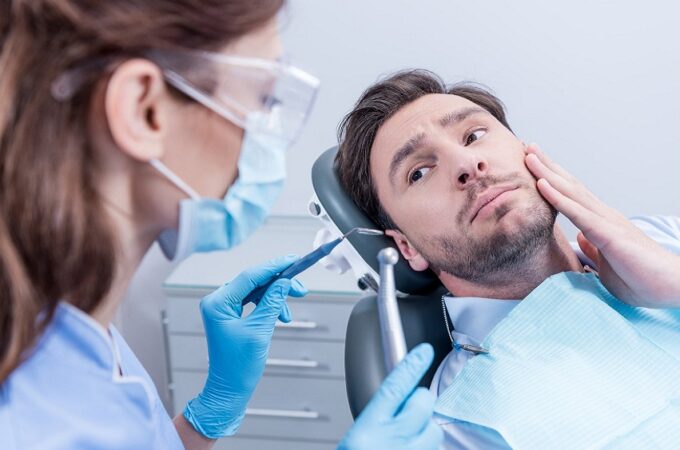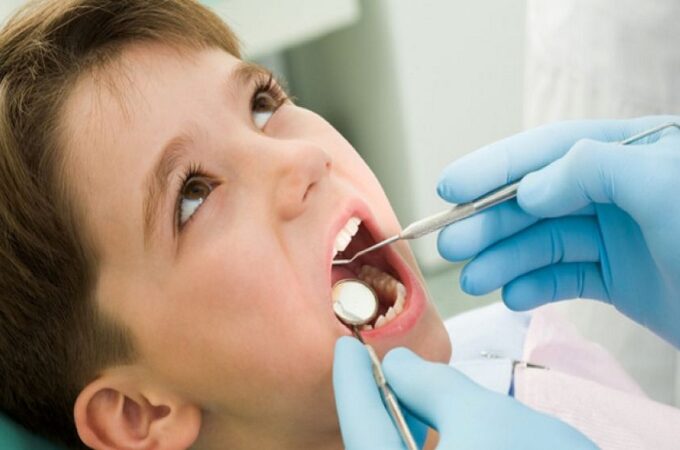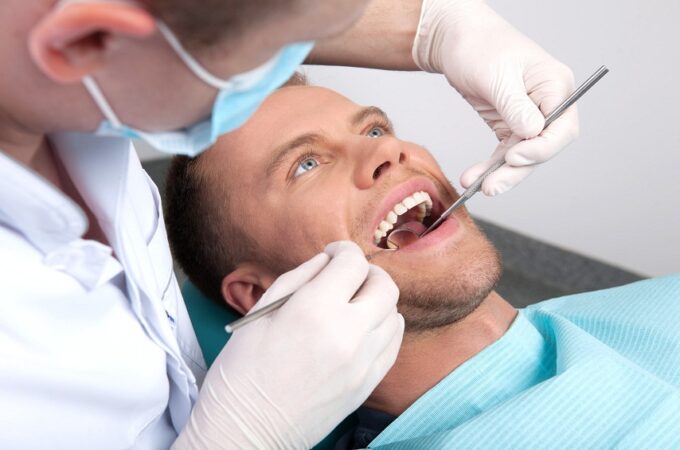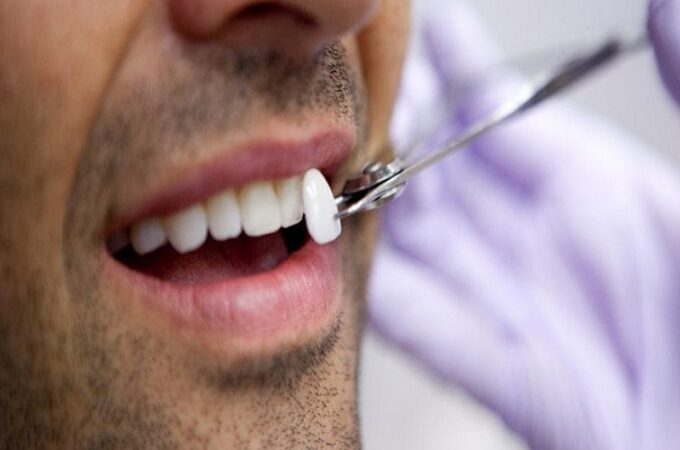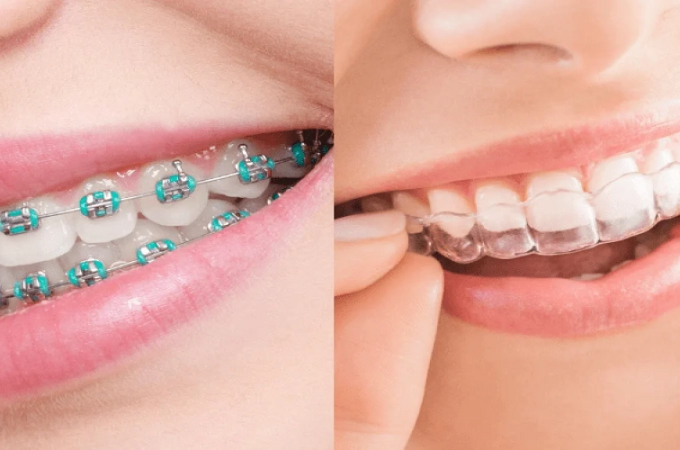
Safety Tips for Wisdom Tooth Removal
The extraction of wisdom teeth, or third molars, is a procedure frequently sought to treat the consequences of ill timing, impaction, and putrefaction that come with wisdom teeth. However, this procedure is an everyday one. Notwithstanding this, safety and wellness should be put first during the process to decrease the discomfort and risk of possible reactions.
Complications from wisdom tooth removal are rare, mainly if you apply the following:
Manage Pain Appropriately: Wisdom teeth surgery may lead to swelling of the teeth and Pain during the first days following the surgery. During this phase of care, the licensed provider will prescribe pain medication to help make it tolerable. Take the medication by prescription only and avoid overdosing on it. If you have constantly been experiencing the issue of pain these days, seek medical care immediately.
Control Swelling: Swelling is an effect that almost always occurs after the third molar extraction. To control swelling, you should use an ice pack, cold compress, or any other suitable tool (e.g., frozen food, bag) on the affected area for 20 minutes, then off again 20 minutes afterward for the first 24 to 48 hours. Through this, one can perhaps lessen the level of inflammation and discomfort.
Bleeding Management: As a matter of fact, you might be bleeding after your wisdom tooth extraction has been done. Bleeding control is done by gently biting a gauze pad placed over the cutlery area for approximately 30 minutes. If bleeding continues and you again place the gauze, replace it with a fresh one. Do not extravagantly spit or rinse; otherwise, the bleeding can only increase. If your tooth is bleeding along with the dentist’s age, then only your dentist can have more long-term points.
Maintain Oral Hygiene: Although it is necessary to keep the surgical area properly cleansed to prevent infection, you should be cautious when brushing and flossing in that area. Note thata dry socket is a risk. Make use of a soft bristle brush and avoid the rapid rinses or spits being done, especially during the first 24 hours after surgery. Your dentist will prescribe the antibacterial mouthwash in addition to help reduce the susceptibility to infection.
Dietary Restrictions: During the initial phase after the removal of the wisdom tooth, you need to take only a soft or a liquid meal. It is recommended to refrain from consuming foods that can prove hot, spicy, acidic, or hard, as they can irritate the surgical site or displace the clots that may have formed. Pick out healthier choices such as yogurt, smoothies, soups, and pureed mashed potatoes instead if your body cannot tolerate a regular diet yet.
Avoid Tobacco and Alcohol: Smoking and drinking alcohol can slow down the healing process and may prolong the existence of complications after a wisdom tooth operation. In most instances, it is strongly advised that you do not smoke or consume any alcoholic beverages within 72 hours after surgery. This amount of time can be longer as well, and it is beneficial in aiding in the healing process.
Rest and Relaxation: As an extension to wisdom tooth removal, allow your adequate time to heal and restore. Stay away from extraneous activities like heavy weight lifting, especially after the operation, as they may evoke more blood flow and pain. Strive to get your body the required amount of sleep to benefit its repair mechanism.
Attend Follow-Up Appointments: It is vital to be punctual for each unscheduled follow-up visit with either your dentist or oral surgeon. Such consultations offer a chance for your doctor to check in on your healing improvements, pull out stitched-up sections of the case, and easily take care of any complications or concerns that arise.
Watch for Signs of Complications: One sign might appear after the procedure, but they are rare, and you should be aware of them. Be sure to contact your dentist if you have scalding pain, ceaseless bleeding, persistent swelling, fever, difficulty breathing or swallowing, or any other unpleasant signs.
Final Thoughts
By following the safety guidelines and closely listening to your dentist’s aftercare instructions, you will have a smooth and successful recovery after the removal of a wisdom tooth. Recognize that every patient might have a dissimilar healing period. So, feel free to contact your dental provider at any time if you have questions or need further clarification after the procedure.

